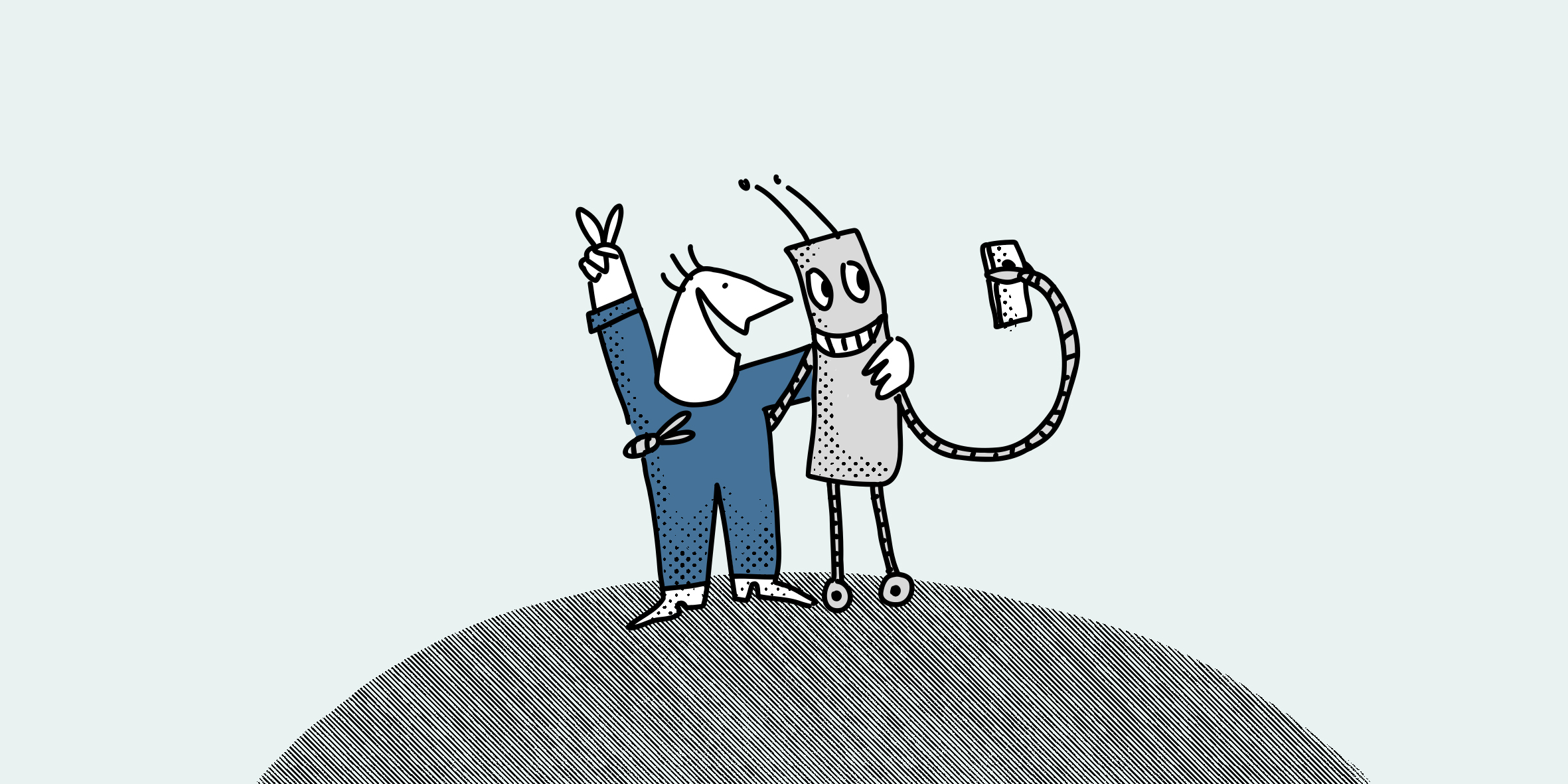“It’s complicated.” If we could add our relationship status with artificial intelligence to our Facebook profile, that would sum it up. End of 2022, the world was taken aback by the launch of OpenAI’s ChatGPT. A new, innovative, AI-based text generator that exceeded the expectations of even the most geeky technology experts. ChatGPT opened the world of artificial intelligence to a wider audience and brought with it the promise of even more advanced applications. From now on, many thought, AI adoption will go faster than ever. But it turned out differently, says technology expert Benny Lauwers.
Let’s go back to November 2022, when OpenAI released the first version of ChatGPT and many people were suddenly very excited about the endless possibilities of artificial intelligence tools. Do you remember what you were thinking about this sudden surge of AI interest?
I was definitely excited. I remember thinking this was exactly what the AI world needed. ChatGPT brought fresh attention to artificial intelligence. Even though most people already knew about its existence, it was still a very abstract technology. The average person had no idea what artificial intelligence could achieve or how it worked. But suddenly, people showed interest. Whether they had a small enterprise or were part of a big company: business leaders wanted to know what AI could mean for their company.
So what happened?
Technology-wise: since 2022, we’ve seen fantastic applications come to life with artificial intelligence. Text, image and video generators have become incredibly powerful. In many cases, it’s difficult to distinguish a human-made result from an AI-generated result. And while there are concerns about AI, when you look at the technology, you have to admit: it’s pretty damn good.
Now, adoption-wise: we’re not where most of us enthusiasts thought we’d be by now. Several reasons explain the lack of adoption: it costs money (even though you can expect a high return), it takes time and few companies know what to do with it so they take a wait-and-see approach. But I think more importantly, many companies are still a few steps behind in general digitalization — and then AI is too much to ask. I know this isn’t a popular opinion but if you look at the facts, it’s reality.
How big is the issue? Are all our companies going to fail miserably a few years from now because they refuse to implement AI tools?
The world is going at two different speeds. Tech companies launch new AI tools every other day, so to speak, but our enterprises aren’t ready to implement them. We can’t keep going like that. At some point, either the technology world has to slow down or our enterprises have to push the gas pedal. However, some experts think that the chances of businesses picking up speed are low. They predict that a new AI winter is coming: the lack of adoption and investment will eventually force big tech to stop or significantly decrease AI developments. It’s not unthinkable: we saw something similar happen with augmented reality. Great technology, fantastic opportunities, and unbelievably powerful tools — but no widespread adoption meant AR disappeared, hopefully temporarily, into the background.
Regarding the second question: I don’t think companies are going to fail when they don’t adopt AI tools right now. I do believe that in the next couple of years, you’ll see a difference between those who started early and those who didn’t. I think it’s always better to be ahead than to work harder to catch up. Even in the case of a potential AI winter, the technology isn’t going to disappear. Tools like ChatGPT will still be here and be used. Your bank app, home security system, and streaming services: they’ll continue to advance with artificial intelligence. So even though AI might not be immediately implemented in companies, if I were a business leader, I wouldn’t write off the technology just yet.
Are you disappointed that AI didn’t manage to extend its 2022 moment of glory?
No, but I do find it regrettable. It feels like a missed opportunity. It has been very interesting to see AI’s path unfold, though. And while it may not have gone the way I thought it would, or how I would’ve wanted it, it’s been intriguing to watch. AI did not achieve the hoped-for adoption rate, but not all is lost. Things that might be unthinkable now, may become the new normal ten years from now. A few decades ago, we couldn’t have imagined all the tools we have now, so it’ll be very interesting to see how big tech will develop artificial intelligence in the next few years. I look forward to all that’s yet to come, but I’m also enjoying AI’s current evolutions.
